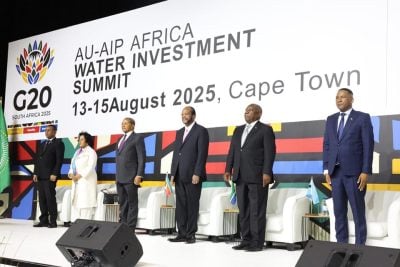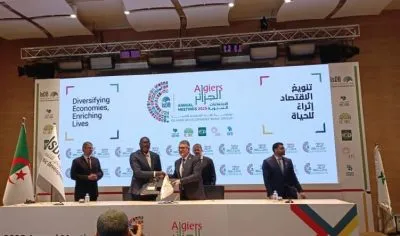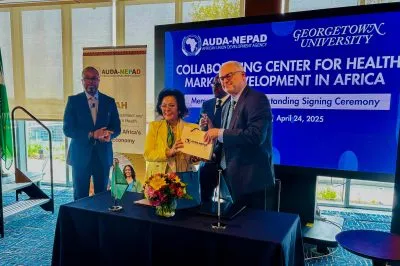This article was produced with the support of United Nations Economic Commission for Africa (ECA)
To date only four countries have ratified the protocol even thought many more countries have signed up to it, he told delegates at the Council of Ministers meeting in Victoria Falls.
Karingi said that the benefits of the AfCFTA have yet to be felt but trade has started to take place under the Guided Trade Initiative with 31 Member States signed up.
Negotiations on key protocols have been completed and adopted. These include investment, competition policy, intellectual property and, most recently, digital trade.
Thirty-six countries have also signed up to the Single African Air transport Market.
But it is not all good news. Intra-African trade as a share of global trade declined from 2021 to 2022, remaining at less than 3%.
Intra-African exports declined from 18.22% in 2021 to 17.89% in 2022, while imports declined from 12.81% in 2021 to 12.09% in 2022.
On the upside, a significant portion of Africa’s exports currently are value-added products. “So this gives us something to build on.”
High debt levels in Africa are affecting the success of free trade by curtailing available resources, while challenges in peace and security in parts of the continent are affecting the movement of goods across the region.
Karingi urged finance ministers to sign off and gazette the instruments needed to conduct trade under the AfCFTA and planning officials to drive the regulatory overhaul required for trade under various protocols.
This would really help to advance the implementation of the initiative, he said.
The continuing rollout of the Pan African Payments and Settlement System (PAPSS), which facilitates cross-border payments, will bring down the high costs of trading and ease concerns about foreign exchange availability.
He called for more to be done to drive infrastructure investment to enable trade efficiency in the digital and energy spaces.

 Sign in with Google
Sign in with Google 



